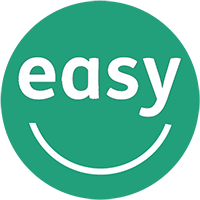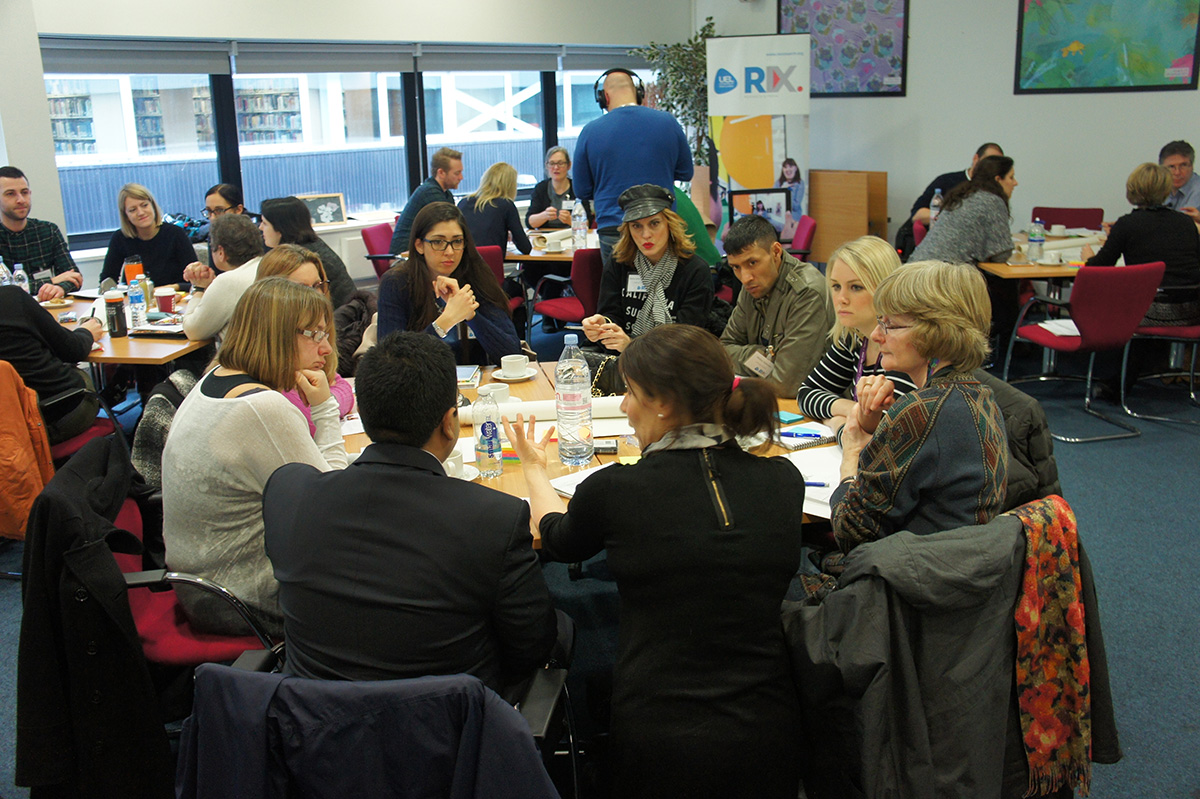Learning at Rix encompasses research, including our programme of inclusive research projects, and training.
Rix at UEL
Being based at the University of East London we are able to bring people with learning disabilities into the heart of UEL’s academic programmes. We deliver lectures for social work and education studies, teaching educators, SEN specialists, educational psychologists and social workers. We also contribute to the university’s media and creative industry studies and ensure that students have access to inclusive settings in their learning programmes.
To this end, we work in partnership with Chalton Park Academy where UEL students can do a term of wiki building, learning about people’s lives as well as about person centred approaches and multimedia advocacy. We aim to integrate our philosophy into new practitioners’ progression paths as they train and learn and prepare to go out into the world.
“Wiki has helped with the learning strategies we use at home … by emphasising different areas of learning, such as sharing inclusive books to nurture his confidence as well as helping him positively integrate his disabilities into the overall view of himself.”
Parent, West Sussex
Rix in the community
Community learning is a core part of how we work at Rix as much of our research revolves around the experience of people in their everyday lives. Following the principles of multimedia advocacy we encourage and support people to share their learning with others in their community, be this a school, a parent/carer forum or a local authority.
We hold community events where delegates can share their experience and ideas with their peers as well as give us valuable feedback about our software and other resources.
Rix training
We offer training, advice and support as part of our subscription packages so that people using our Wiki and EasySurvey software can feel confident as they step into the world of digital advocacy. We have a wealth of training resources for Wiki builders, leaders and coordinators in the form of video lectures, webinars and short online courses in subjects like multimedia advocacy and person centred planning. We also provide telephone support for people who encounter a problem or difficulty whilst using our software. Although the solution will usually be found in our online user guides, we understand the need for a responsive multi-channel service.
Rix research
Rix Research explores the new opportunities presented by a rapidly evolving digital world to improve people’s lives. Our research projects are coupled with programmes of work to create the tools and resources required to translate our findings into practical benefits.
“The Wiki is pushing the boundaries of what people can and can’t do. It is pushing the boundaries of involving people in their own care and being able to advocate for themselves and what their needs are. We need to push those boundaries, be more inclusive and Wikis are the vehicle that is going to do that.”
Waldo Roeg, Recovery College
We use a co-development approach, using action research to work in partnership with individuals and organisations. We work with people with learning disabilities, their support teams and the organisations involved in their education, health and care. Together, we have developed accessible software to help people of all abilities to enjoy the benefits that digital communication tools can bring. Our work has broadened to include other groups such as people with mental health concerns and dementia.
Our special interest is in improving self-advocacy and communication with today’s digital media tools. The Rix Centre’s multi-media advocacy approach explores how the making and sharing of media content can help individuals to organise their thoughts, articulate their views and influence change. We explore how multimedia advocacy can help people gain choice and control in their individual lives and build their independence as well as take an active part in reshaping their communities to be more inclusive.
We work with organisations to address the cultural change that is required to embrace these new tools and practices and include people with disabilities more effectively.









